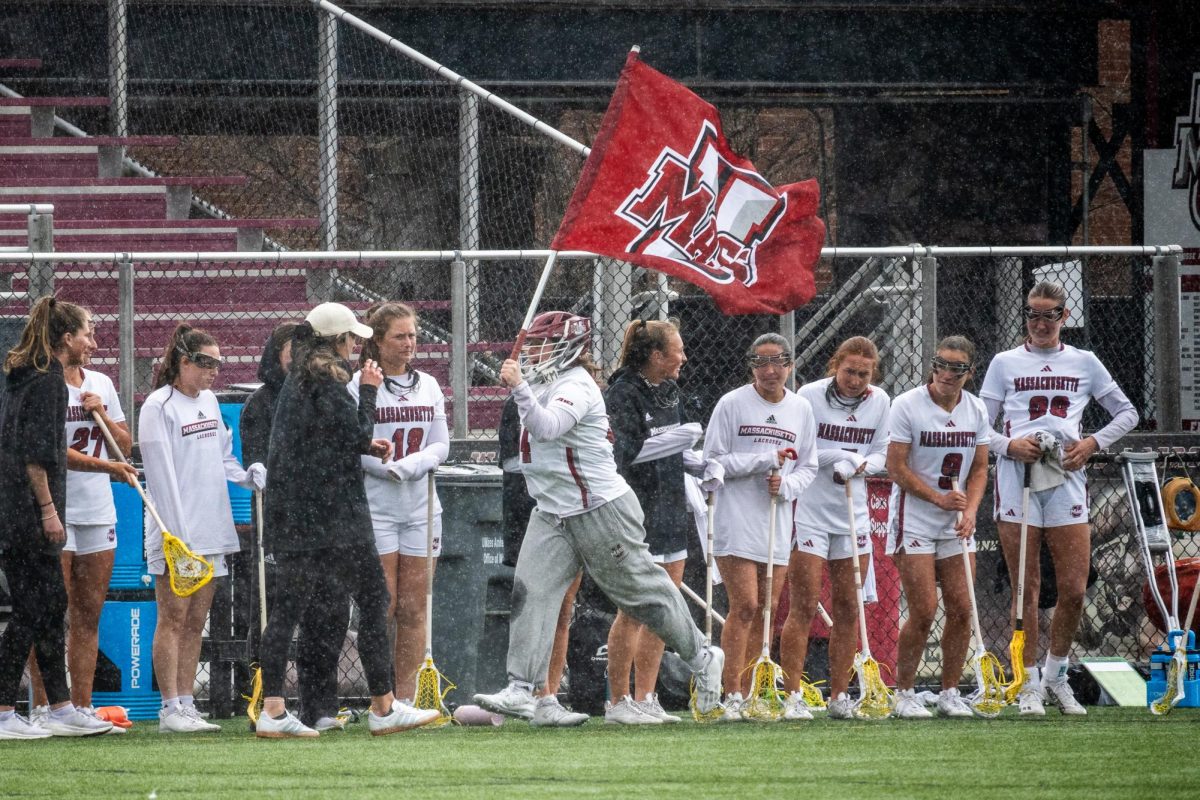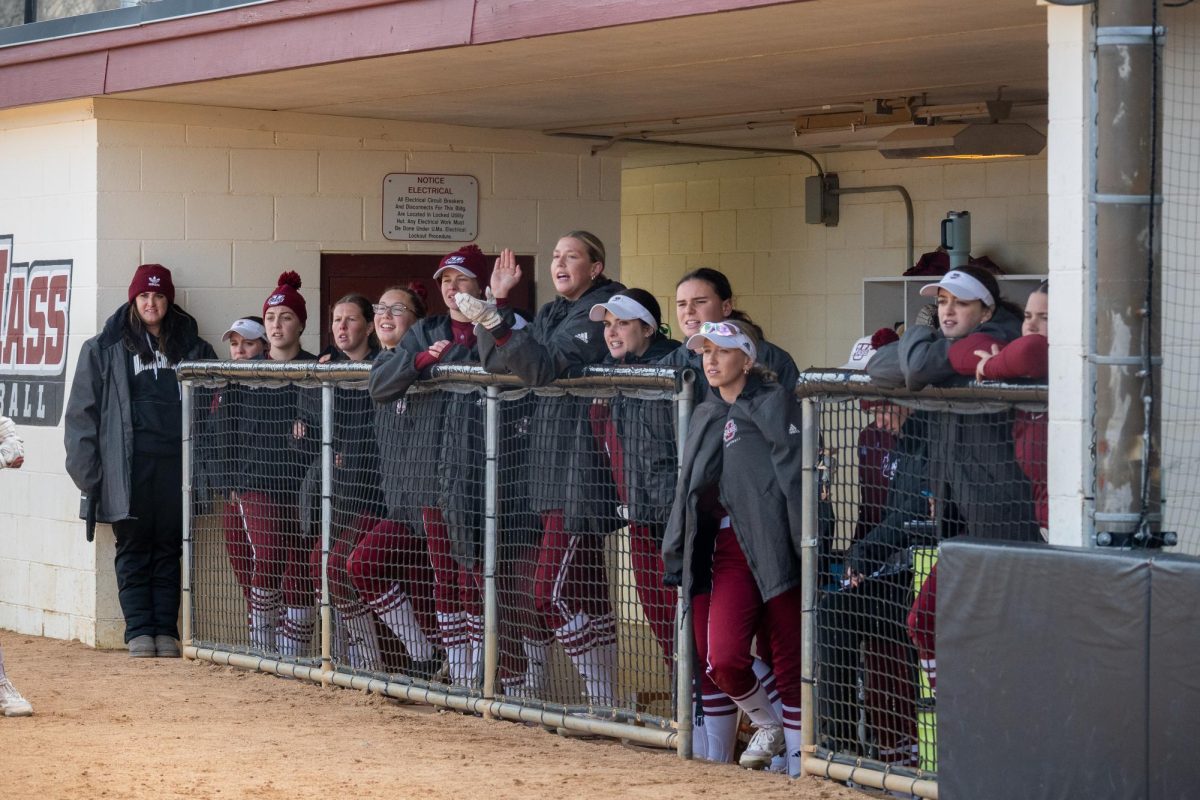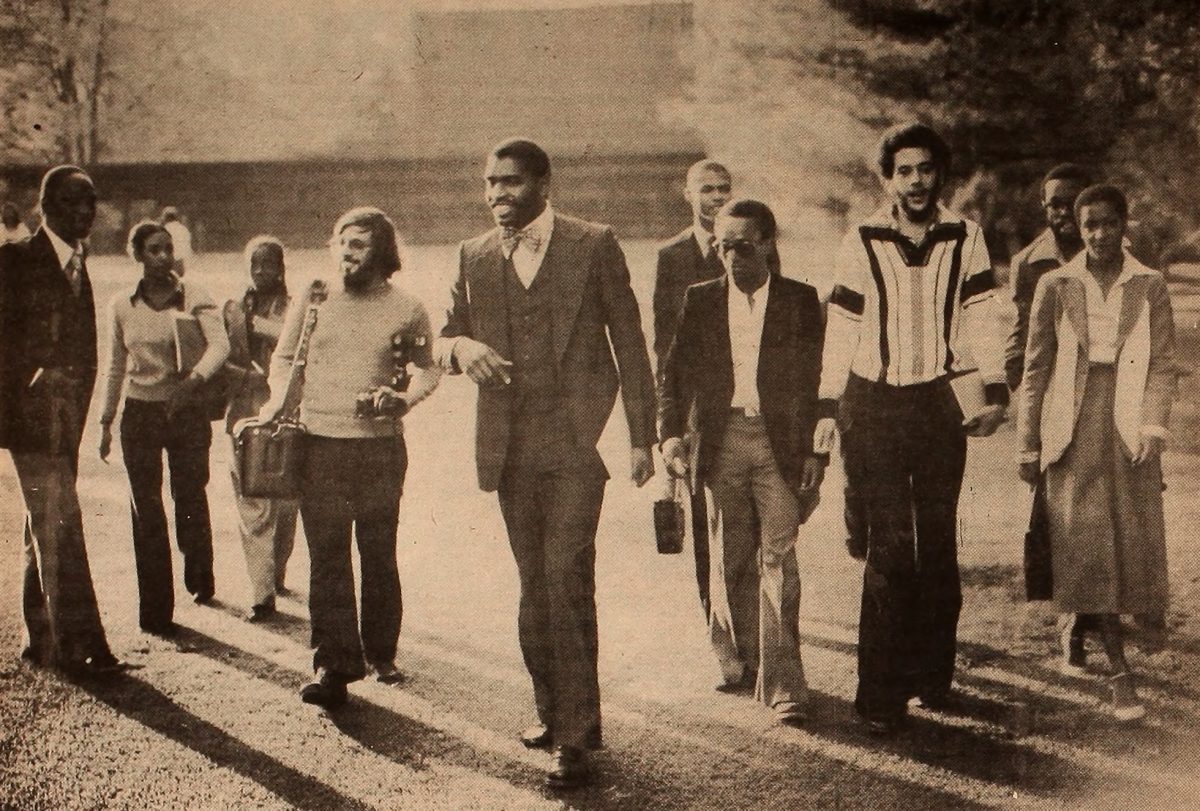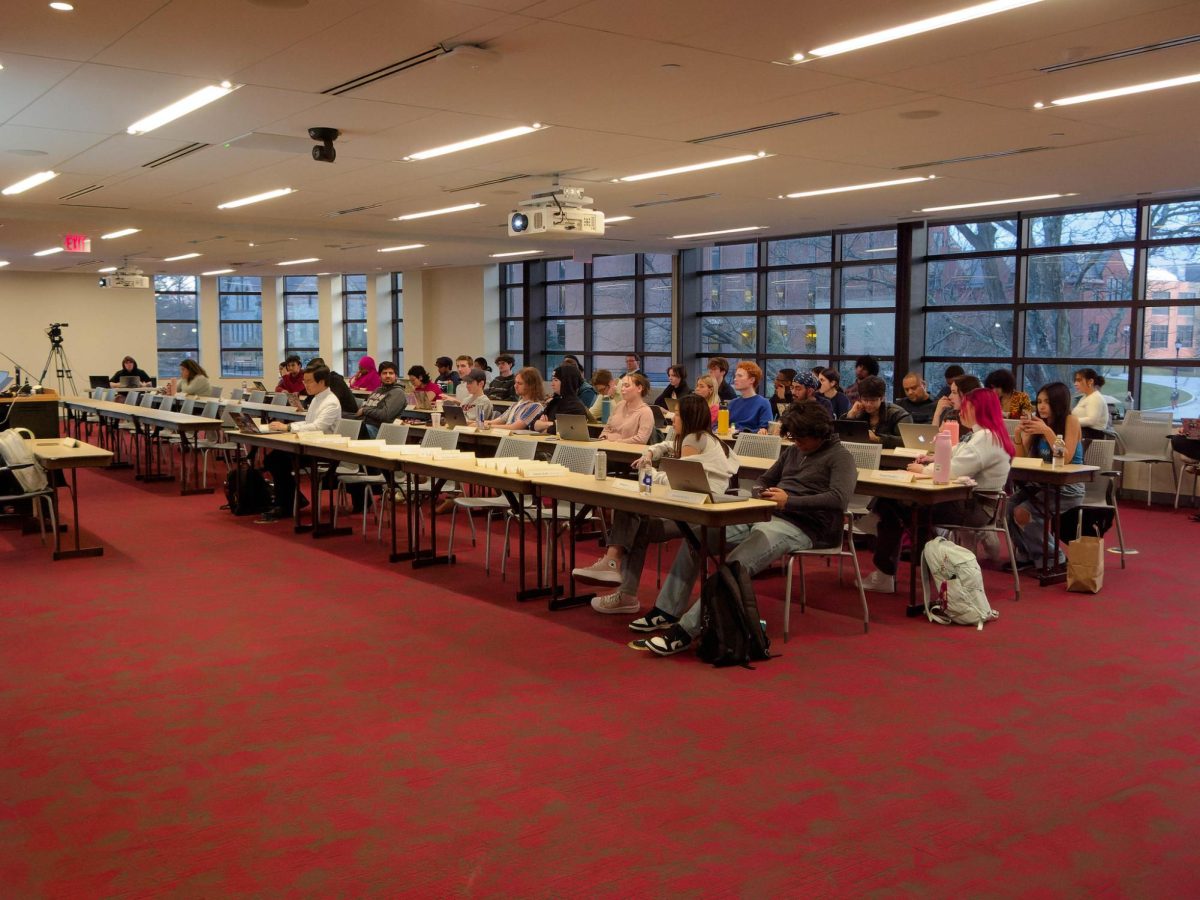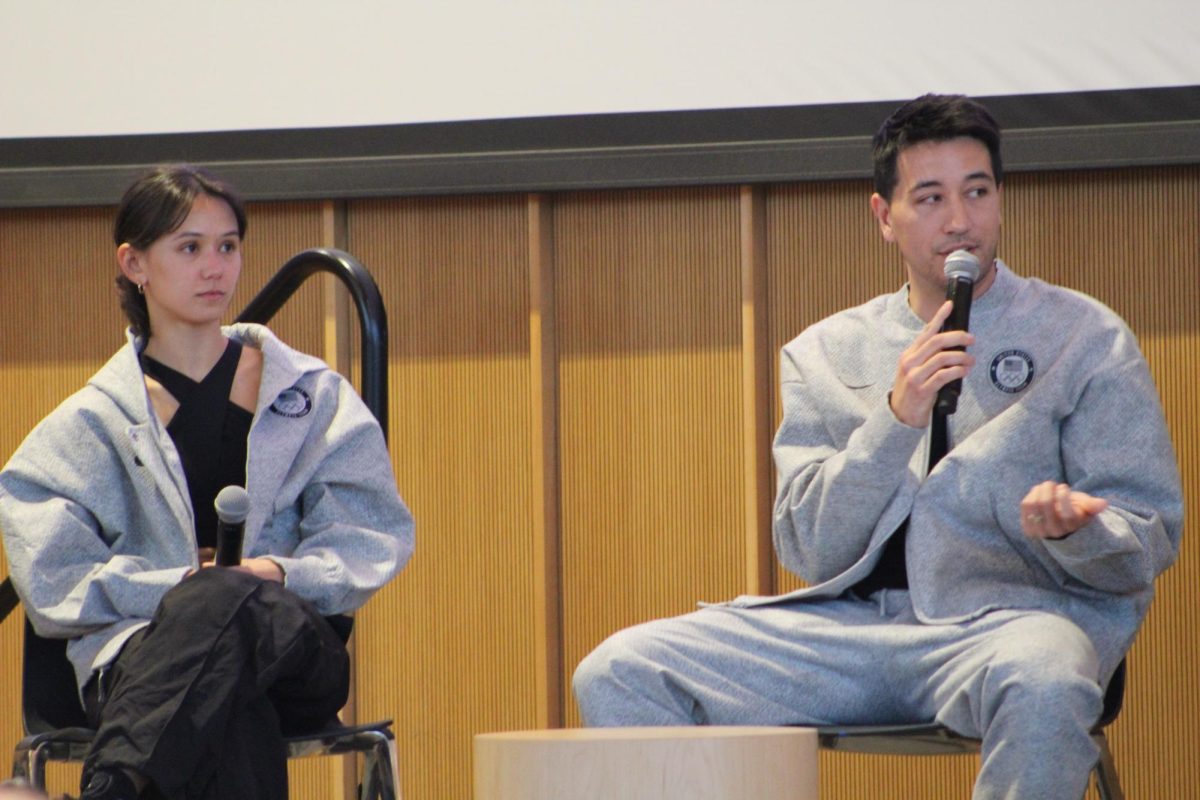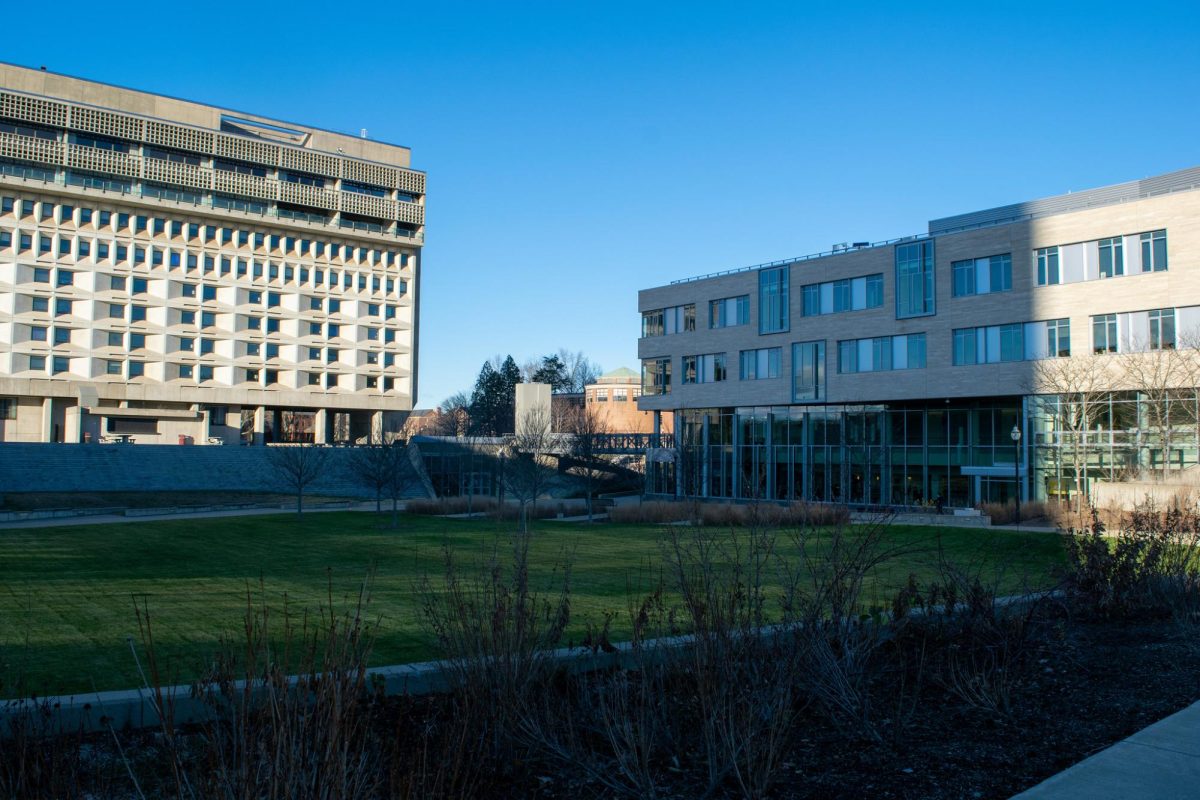
Based on factors such as leadership, culture, compensations and work environment, the University of Massachusetts was ranked no. five in Careerbliss’s list of ‘20 Happiest College and University Workplaces in America.’
Careerbliss—an online career community that describes themselves as an information hub for direct employers, job seekers and recruiters—analyzed thousands of reviews submitted by college and university employees before publishing their list. Based on those reviews, which were ranked on a scale of one to five, Iowa State University came in as the happiest school, followed by the University of North Carolina and Columbia University.
“Basically your faculty and staff are evaluating what it’s like to work at the University day-to-day,” said Alia Henson, the director of communications at Careerbliss. “UMass is obviously one of the happiest schools.”
She added, “The way that Careerbliss evaluates their Blissscore is we evaluate how happy someone is by ten key factors.”
Those key factors, according to Careerbliss, include one’s relationship with management and the company or organization, compensation, workplace environment, growth opportunities, satisfaction with job role and overall workplace setting.
UMass received more than 50 employee reviews, and according to Henson, the University scored the highest in the areas of “People You Work With,” “Person You Work For” and “The Way One Works.”
“It’s an important data metric to have, because it has a trickle-down effect,” Henson said.
“If your faculty and staff are feeling empowered and happy, how does that trickle down to the students?” she asked.
For Doctor Richard Halgin, who has been teaching at UMass for 41 years, the answer to this question is that the morale of the entire University—faculty, staff and students included—are positively affected.
“It just influences morale. When employees, like managers and professors, are treated well, that morale is communicated to our students, to our staff,” said Halgin. “When people feel like they’re not being respectfully treated, it really permeates the whole environment.”
Halgin, a professor in the psychology and brain sciences department, came to UMass in 1977. Back then, he said, it was not a great place to work. According to Halgin, it was a time of serious financial problems in the state of Massachusetts, and the University’s resources were “terrible.”
He was quick to note, though, not all of the problems at the University were related to professors’ salaries.
Halgin recalled teaching in his auditorium at the beginning of his tenure at the University, before the space was renovated. It was a “filthy, filthy place,” as Halgin described it. He recalled seeing a banana peel on the window sill at the beginning of the semester one year. On the last week of that semester, the peel was still there.
However, since 1977, the University has improved greatly in many respects, according to Halgin. He said that some of his friends’ children, who had applied to UMass in recent years, had been rejected. A student getting rejected from UMass would have been unheard of 15 years ago, he argued.
“The quality of the students has skyrocketed, the facilities have improved, the leadership has really become so much better. I love coming to work. I love this job,” said Halgin, who overall, feels like his needs are met.
“Obviously there are some resources that are limited, but that’s true at any institution. But I think we’re very respectfully treated,” he said.
For Adena Calden, who started working in the department of mathematics and statistics as a lecturer in 2006 and is now a senior lecturer, there has been a lot of support and opportunities for professional development at the University.
“Things related to teaching that I’m passionate about, I’ve found a lot of freedom to pursue those opportunities, Calden said.
Since 2006, Calden has done several fellowships and attended workshops that the UMass Institute for Teaching Excellence & Faculty Development (TEFD) has hosted on a variety of subjects, including how to integrate technology into the classroom, how to design effective assignments and how to use wireless clickers in the classroom.
However, she feels that beginning in 2012, TEFD’s repertoire for hosting workshops and promoting professional development has hit a snag.
“There seems to have been less in recent years,” said Calden, referring to the number of workshops TEFD has organized. “But [TEFD] seem to be going through a transition right now.”
Calden’s accolades for her workplace at the department of mathematics and statistics are still unwavering, though.
“My department’s very good at allowing me to pursue things that I’m passionate about, which makes me a better teacher and trickles down to my students,” Calden said.
Jackson Cote can be reached at [email protected] and followed on Twitter @jackson_k_cote.





